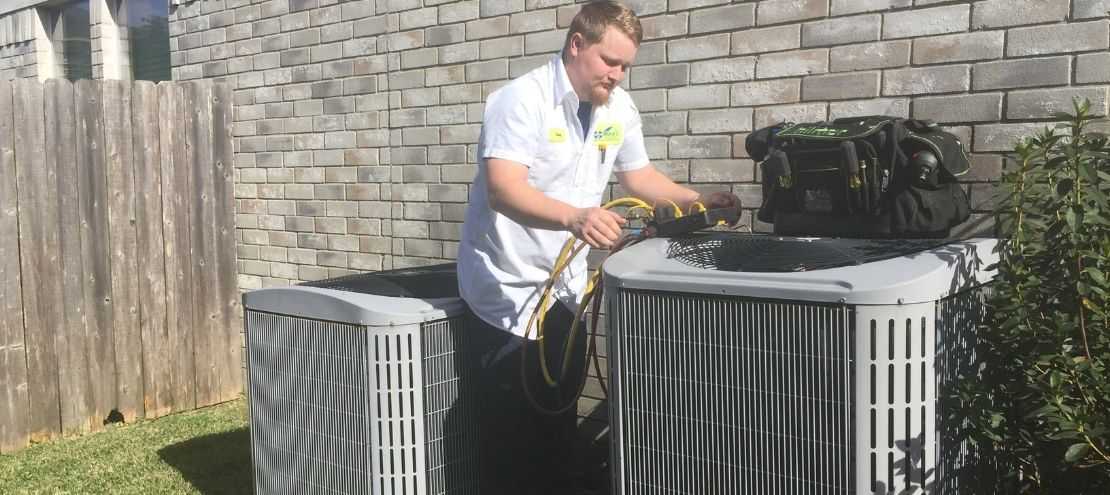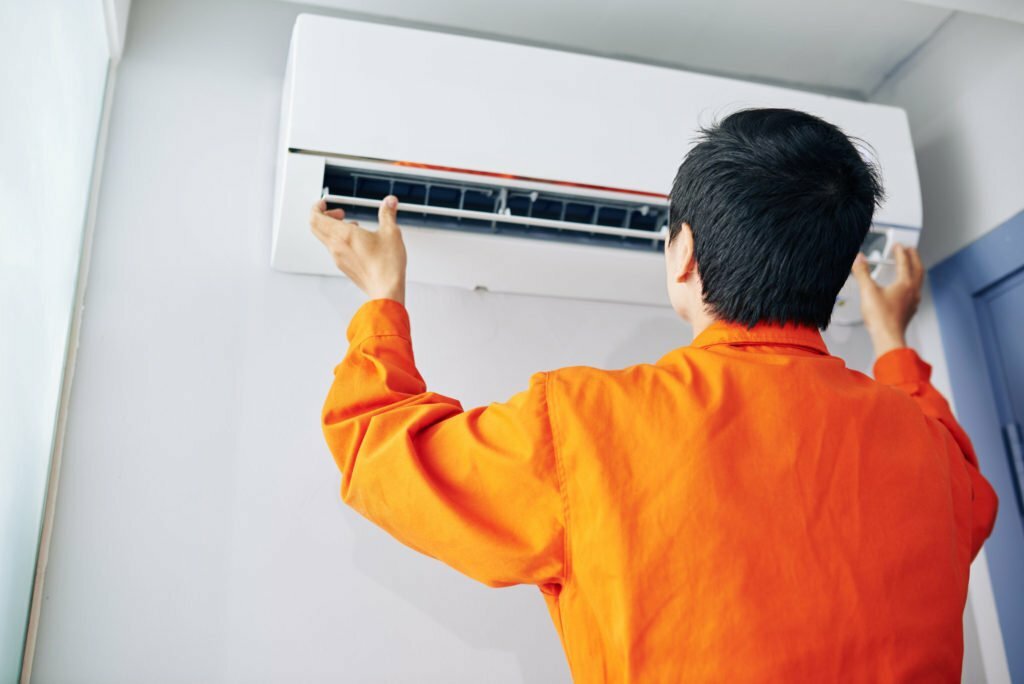Based on your location, the summer months can bring brutal heat and humidity that require the constant use of your HVAC system. Your air conditioner is responsible for delivering cool air to combat the summer heat outside. As a result, you want to be able to rely on your equipment to provide comfortable conditions all summer long. The best way to ensure that your HVAC system is in good working order is to invest in regular annual maintenance in the spring before you need cool air.
A severe summer heatwave is an inconvenient time to experience HVAC issues. It can also be an expensive experience to get emergency repairs. This is why it is best to get your equipment serviced in the spring before you need air conditioning. Depending on where you live, you may have different air conditioning needs. Routine service in Orlando, FL, may differ from the checkup tasks that a spring AC checkup in Easton, MD would typically include. No matter your location, however, it is important to get your equipment checked before summer arrives. Let’s take a look at some of the usual things a spring AC checkup includes.
Equipment Inspection

Your HVAC equipment can experience minor issues like small cracks, leaks, and other problems during normal use. Before you start up your equipment for the summer, it is best to address these minor issues before they become bigger. The HVAC technician will inspect your equipment during your spring checkup to identify and correct any potential problems. This includes thoroughly examining the air handler, evaporator coil, ductwork, and registers. The technician will also check your air filters to ensure that your equipment circulates an adequate amount of clean air.
Tune-Up
During your annual service appointment, the technician will perform a tune-up of your equipment. Like having a tune-up on your car, spring AC maintenance will ensure that all parts of your HVAC system are tested and working correctly. They will lubricate all moving parts, tighten belts, and secure loose connections. Additionally, a spring tune-up will also include checking refrigerant levels and fine-tuning its charge. During this process, the technician will make sure that all components are operable and that your equipment is as energy-efficient as possible.
System Cleaning
Through normal use and conditions, the coils, fins, and other parts of the AC unit could become very dirty. Dirty components can lead to increased energy usage and eventual mechanical issues. During regular maintenance, the technician will usually clean all components and check all of the components for clear connections. Not only will this help to reduce your energy bills, but it will also help to ensure good indoor air quality. When your system is dirty, it can circulate contaminants such as dust, pollen, and other airborne particles that could cause problems for people with asthma or other respiratory conditions.
Test Functionality

When all of the maintenance tasks are complete, the last thing that the technician will do is test the system to ensure that it cools effectively. This final check will ensure that your system is running correctly and that your thermostat communicates with your HVAC unit properly. Once this is complete, you will receive a detailed list of all of the things done to your system. The technician will discuss any recommendations and things that you can do to ensure the functionality of your equipment.
Your HVAC system is essential for keeping your home comfortable during the hot summer months. Regular spring maintenance is the best way to ensure that you get consistent and comfortable air conditioning when you need it. After a comprehensive inspection and evaluation each spring, you will have peace of mind knowing that your system is running at peak performance.









